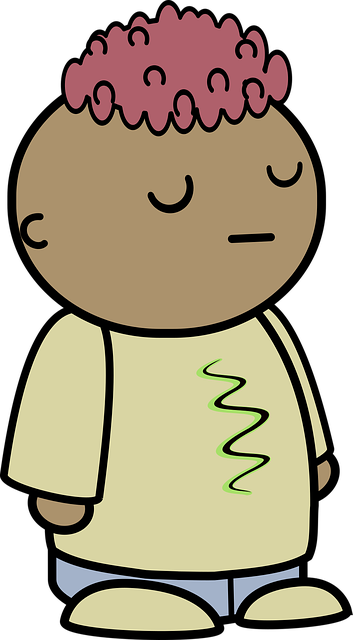Survivors of abuse within Teen Challenge institutions can seek justice and healing through a Teen Challenge lawsuit. This process involves gathering documentation, consulting legal professionals, and strategic planning to protect rights and ensure accountability. It offers compensation for medical and therapy costs, narrative control, and institutional responsibility, ultimately empowering survivors to prevent future abuse.
“Many survivors of abuse at Teen Challenge programs face a challenging road to justice. This article guides you through navigating legal claims, specifically focusing on the Teen Challenge lawsuit process. We explore essential aspects like understanding your rights as an advocate and securing compensation for trauma suffered. By shedding light on the litigation process, we aim to empower survivors to take action and seek the justice they deserve, breaking the cycle of silence surrounding Teen Challenge abuse.”
- Understanding Legal Rights for Survivor Advocacy
- Navigating Teen Challenge Abuse Litigation Process
- Securing Justice and Compensation for Victims' Trauma
Understanding Legal Rights for Survivor Advocacy

For survivors of abuse within institutions like Teen Challenge, understanding one’s legal rights is a crucial step in advocating for justice and healing. Many survivors may feel intimidated by the legal process, but it’s essential to know that they have rights and options when seeking redress for past traumas. A Teen Challenge lawsuit can be a powerful tool for holding accountable those responsible for abuse and ensuring similar tragedies don’t occur again.
By recognizing their ability to pursue legal action, survivors can take proactive measures to hold the perpetrators liable and potentially gain access to resources that support their long-term recovery. It’s important to remember that every situation is unique, and seeking guidance from legal professionals specializing in such cases can provide clarity and the best chance for a favorable outcome.
Navigating Teen Challenge Abuse Litigation Process

Navigating the legal process for a Teen Challenge abuse lawsuit can be overwhelming, especially for survivors who may still be healing from their traumatic experiences. The first step is to gather all relevant information and documentation related to the abuse. This includes medical records, evidence of physical or psychological harm, and any available witness statements. It’s crucial to keep detailed records of dates, locations, and descriptions of the incidents to support a solid claim.
Once prepared, survivors should consult with experienced legal professionals specializing in Teen Challenge lawsuits. They can provide guidance on the best course of action, whether through mediation, settlement negotiations, or filing a formal lawsuit. The litigation process involves multiple stages: filing a complaint, responding to discovery requests, depositions, and potentially trial. Each step requires careful consideration and strategic planning to ensure the survivor’s rights are protected throughout the Teen Challenge abuse litigation journey.
Securing Justice and Compensation for Victims' Trauma

Securing justice and compensation for victims of abuse within institutions like Teen Challenge is a crucial step in healing and reconciliation. Survivors often face significant emotional and psychological trauma, requiring more than just closure. Legal claims offer a means to hold accountable those responsible for the harm inflicted, while also providing financial support to aid in recovery.
A Teen Challenge lawsuit can serve as a powerful tool for victims to regain control and receive recognition for their suffering. Compensation may help cover medical expenses, therapy costs, and other associated expenses resulting from the abuse they endured. This process allows survivors to take a proactive stand against institutional neglect and ensure that similar incidents are prevented in the future.
For those who have endured abuse within Teen Challenge programs, seeking legal redress through a Teen Challenge lawsuit can be a powerful step towards securing justice and healing. By understanding their rights and navigating the litigation process, survivors can break free from the silence that often surrounds such trauma. This journey, though challenging, offers a chance to hold perpetrators accountable and create a path to recovery for those who have been victimized.
